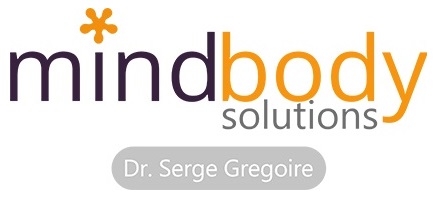In my last newsletter, I briefly talked about bone disease and I got several emails asking if it is good to supplement our diet with calcium. This week, I am going to cover this topic.
Over the last few years, calcium supplementation has been quite the controversy. There are reports that calcium supplementation has been connected to heart issues, such as calcification of the arteries of the heart. In addition, for years postmenopausal women have criticized the little evidence that calcium supplementation actually prevented fractures in healthy women.
The issue is that the great majority of the calcium supplements are not bio-available, meaning that the body can’t assimilate it well and can’t utilize it correctly. When calcium supplements are poorly formulated they leave calcium deposits in the body outside the bone, leading to problems such as cataracts, kidney/gall bladder stones, calcification of the arteries, joint issues, arthritis, and so on. Which lead to the theory of calcium being connected to the conditions mentioned above.
Like I mentioned previously osteoporosis is a disease of sugar metabolism and protein deficiency. There may be no need to supplement once you address these 2 factors.
The best source of calcium is bone/chicken broth. Other good sources of calcium are kale, spinach, collard greens, almonds, Brazil nuts, sesame seeds, okra, among others.
If you have any comments, please feel free to contact me.
yours in health,
Dr Serge



